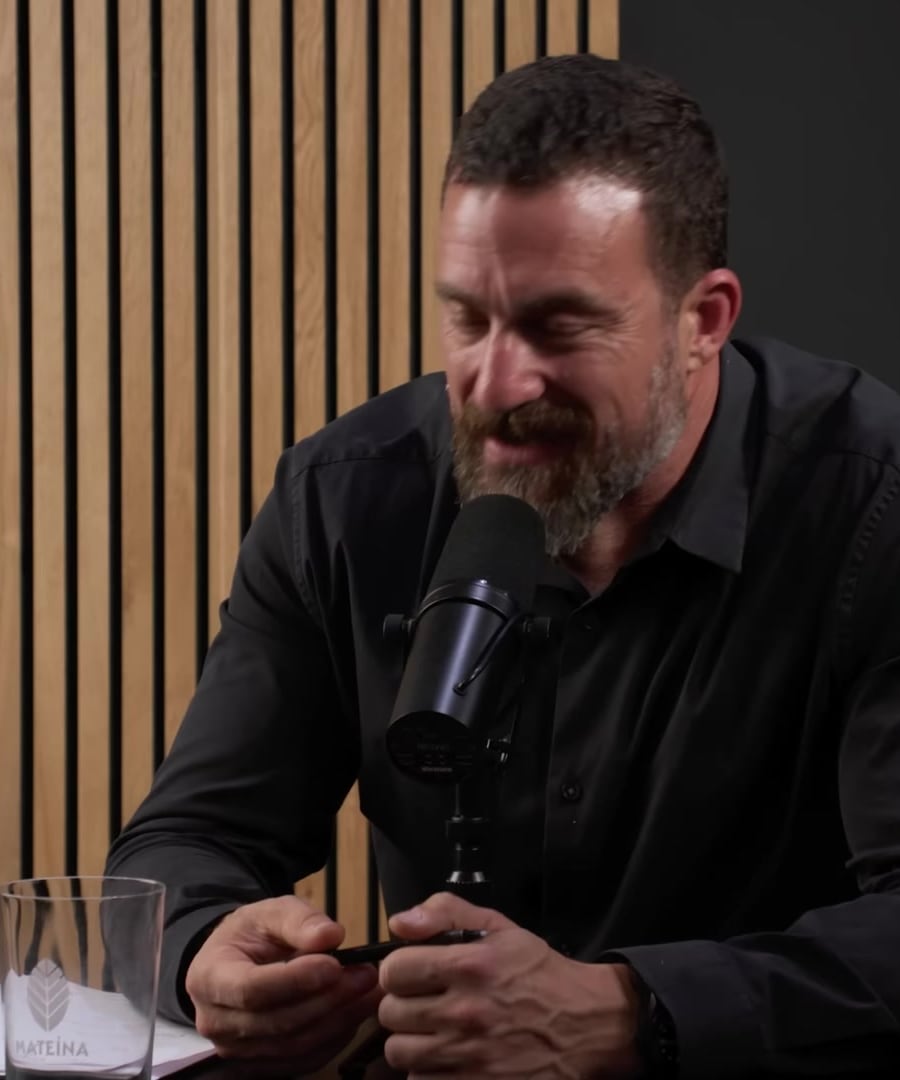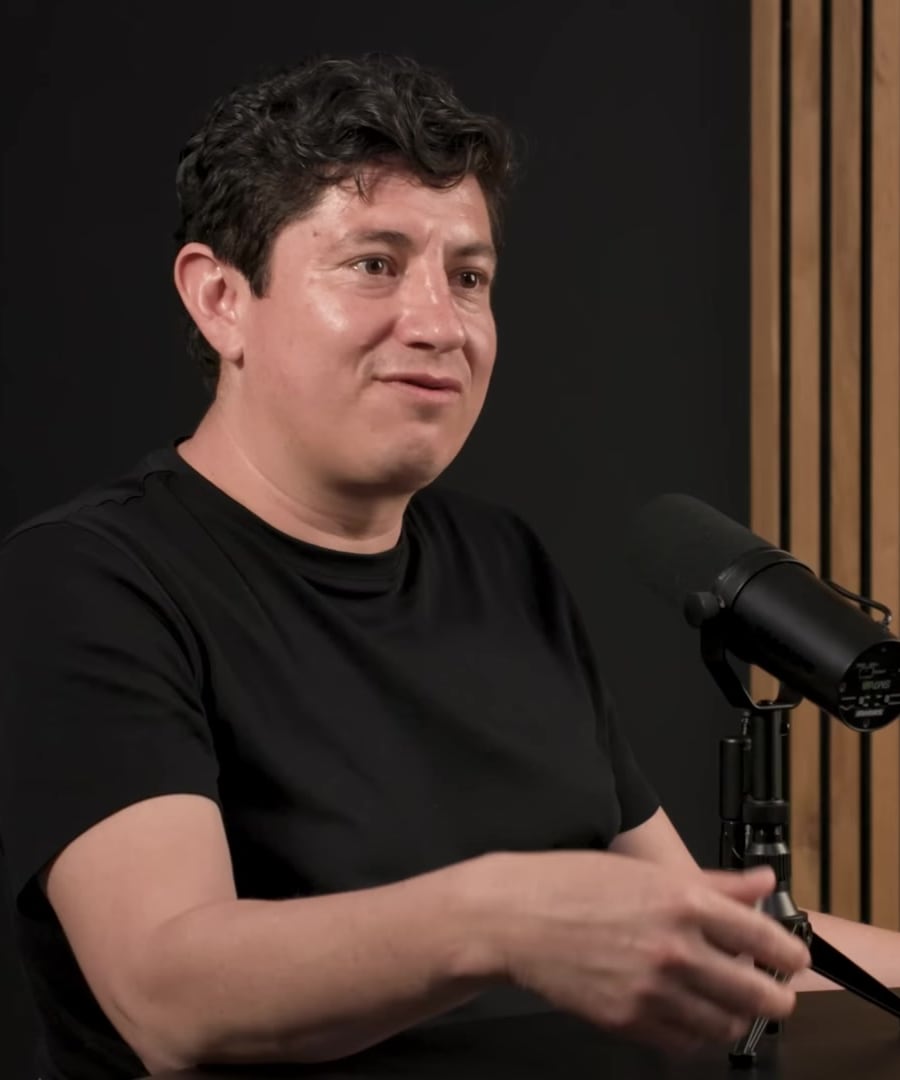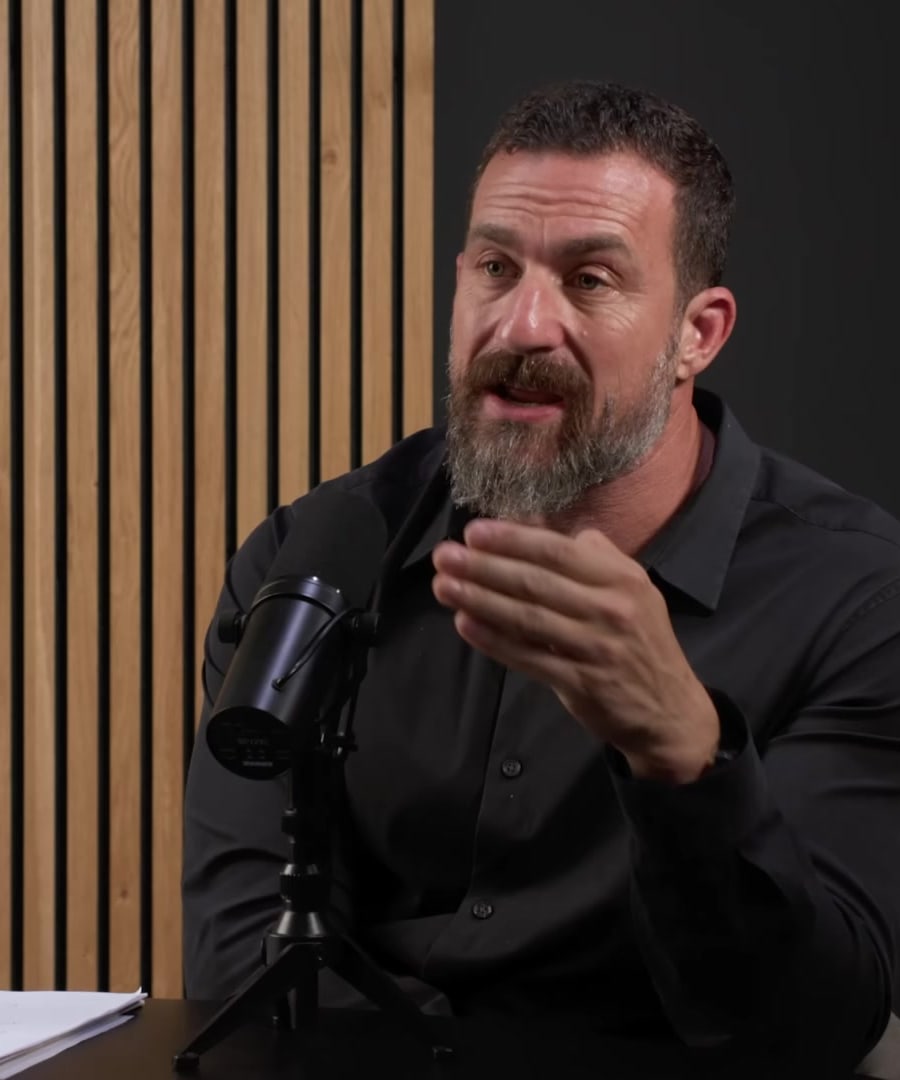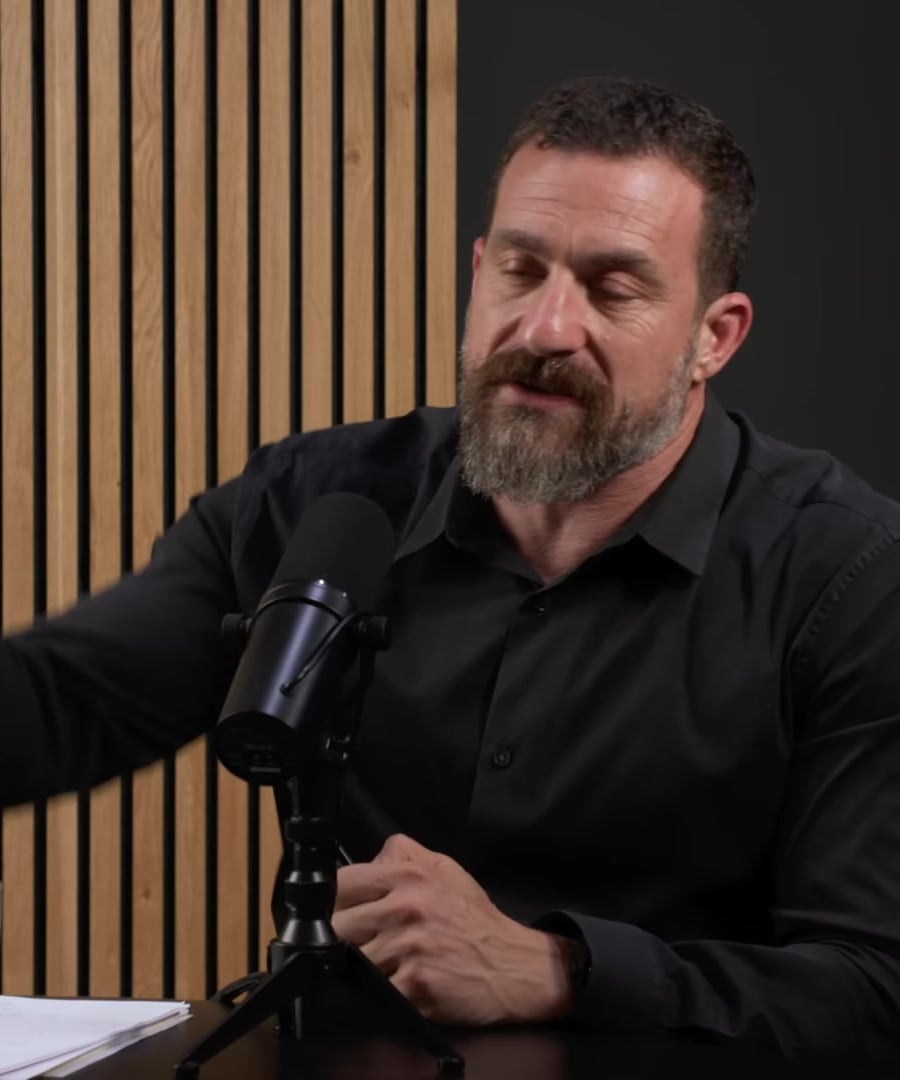Summarize episode Dr. Diego Bohórquez: The Science of Your Gut Sense & the Gut-Brain Axis
Sources:
The episode titled "Dr. Diego Bohórquez: The Science of Your Gut Sense & the Gut-Brain Axis" features a discussion between and on the intricate relationship between the gut and the brain. Here are the key insights from the episode:
-
Gut Sensing and Brain Communication: Diego Bohórquez elaborates on the gut-brain axis, describing the gut as a sensory organ that communicates directly with the brain. This connection is not just hormonal but involves a network of sensory cells in the gut that detect external conditions and relay signals to the brain quickly.
-
Historical Perspective: Bohórquez discusses the historical understanding of gut-brain communication, which traditionally focused on hormones. He emphasizes the need for a more nuanced language to describe how different organs communicate, affecting our overall well-being.
-
Gut Intuition: The episode delves into the concept of "gut intuition," exploring how the gut's sensations might influence our choices and perceptions, a process mediated by the vagus nerve. This idea reexamines the traditional brain-to-gut perspective, suggesting that our gut can guide our decisions.
-
Enhanced Awareness and Health: Andrew Huberman emphasizes the importance of being attuned to our gut feelings, which can inform not only dietary choices but broader life decisions. This awareness can enhance our well-being by helping us navigate life more effectively.
-
Future Research and Return Visit: The discussion concludes with anticipation for future discoveries in this field. Bohórquez is invited to return and share ongoing research, highlighting the dynamic and evolving nature of gut-brain science.
This detailed conversation sheds light on the critical and often underestimated role our gut plays in overall brain function and emotional health, emphasizing a more integrated view of body and mind 1 2 3.
RELATED QUESTIONS-
donne moi les meilleur takeaway de l'épisode
Sources:
Voici les meilleurs points à retenir de l'épisode sur "La Science de Votre Sens Intestinal et l'Axe Intestin-Cerveau" avec Dr. Diego Bohórquez :
-
Communication Intestin-Cerveau: Les cellules entéroendocrines dans l'intestin détectent divers nutriments et transmettent rapidement ces informations au cerveau par un chemin direct. Cette découverte montre comment notre sensation dans l'intestin peut influencer nos sentiments et notre comportement de manière subconsciente 1.
-
Interoception Affinée: Il est possible de devenir plus conscient des sensations internes du corps, comme celles venant de l'intestin, à travers des pratiques délibérées. Cependant, une interoception trop affûtée peut parfois perturber le fonctionnement quotidien, notamment en cas d'anxiété élevée 1.
-
Influence Nutritionnelle: Les types d'aliments et leur composition, comme la présence de protéines, influencent directement le comportement alimentaire. Les fibres alimentaires peuvent déclencher la synthèse d'acides aminés essentiels lorsque les protéines animales sont absentes, montrant une interaction complexe entre le régime alimentaire et la signalisation intestinale 2.
Ces points soulignent l'importance profonde de l'axe intestin-cerveau non seulement dans notre digestion, mais aussi dans la régulation de nos états émotionnels et décisionnels.
RELATED QUESTIONS-
à quel genre de décisions les tripes peuvent elles être utiles ?
Sources:
Les sensations provenant du système intestinal, y compris l'intestin, jouent un rôle significatif dans diverses décisions et comportements. Voici des exemples de décisions et d'actions que votre intestin peut influencer:
-
Préférences Alimentaires: Les neurones situés dans l'intestin communiquent avec le cerveau pour libérer des neurochimiques tels que la dopamine ou la sérotonine, ce qui peut motiver une personne à rechercher certains types de nourriture ou interactions, ou à les éviter 1.
-
Interactions Sociales: Dans des cas comme rencontrer quelqu'un que vous aimez ou que vous n'aimez pas, les sensations de l'intestin peuvent transmettre des perceptions positives ou négatives, influençant ainsi qui vous souhaitez fréquenter ou éviter 1.
-
Changements de Comportement Post-Opératoires: Après des interventions chirurgicales comme le bypass gastrique, les changements dans la façon dont les signaux sont transmis de l'intestin au cerveau peuvent modifier drastiquement les goûts et les aversions d'une personne, influençant leurs choix alimentaires et même augmentant la sensibilité à des stimulations comme l'alcool 2.
Ces exemples illustrent comment les sensations intestinales peuvent jouer un rôle central dans la manière dont nous prenons des décisions au quotidien, soulignant l'importance du dialogue constant entre le cerveau et le système digestif.
RELATED QUESTIONS-
Summarize episode Dr. Diego Bohórquez: The Science of Your Gut Sense & the Gut-Brain Axis
- RELATED QUESTIONS
donne moi les meilleur takeaway de l'épisode
- RELATED QUESTIONS
à quel genre de décisions les tripes peuvent elles être utiles ?
- RELATED QUESTIONS






